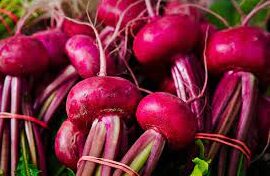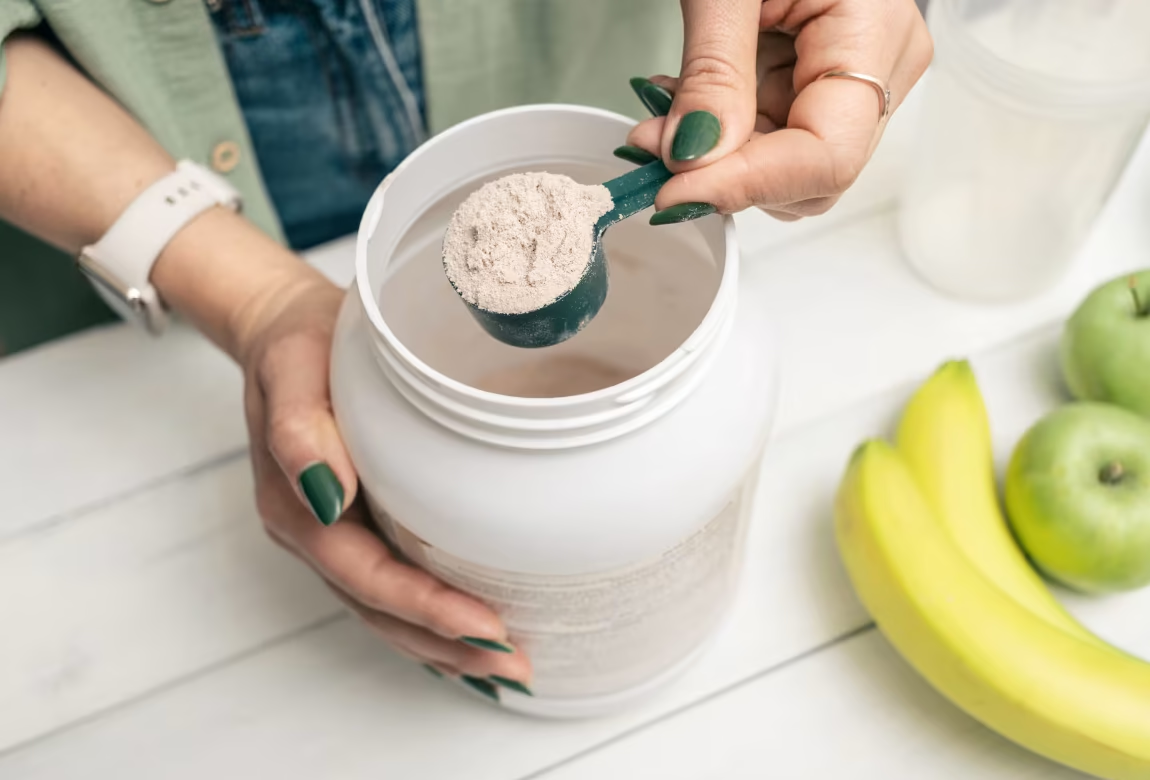Beetroot is a common vegetable. It’s actually the root of a factory that has a sweet taste and is blood- red in color from the peel to the inner pulp. It’s a favorite food of insectivores. It has numerous benefits. It’s an effective source of energy for athletes, protects against cancer and lowers high blood pressure situations.
The thing that’s utmost salutary in beetroot is the unusual quantum of nitrates. You can imagine that each gram of beetroot contains nearly the same quantum of nitrates. Beetroot contains twenty times further nitrates than other vegetables. Recent exploration has shown that the nitrates in beetroot lower blood pressure.
A review was conducted in 2010 at Queen Mary University of London, which showed that if 250 ml of beetroot juice is drunk daily, blood pressure can remain low for several hours.
It was also observed that the advanced the blood pressure, the further beetroot juice reduces it. Experimenters have said that if the consumption of beetroot juice becomes common, it’s veritably possible that deaths from cardiovascular conditions will be reduced by over to ten percent. The blood pressure- lowering property of nitrates is due to the fact that salutary bacteria in the mouth and bowel convert nitrates into nitric oxide.
This gas relaxes the blood vessels and dilates them, allowing blood to circulate further freely in the body.
Studies conducted by the University of Exeter have shown that nitrates not only lower blood pressure but also increase physical energy and abidance. In one study, it was set up that grown-ups who drank 520 ml of beetroot juice exercised for 16 percent longer than other youthful people who were given another drink without nitrates.
Experts working on this review said that nitrates work together with other antioxidants in beets, due to which the muscles need lower oxygen. They’re suitable to work longer and tire latterly.
Increase internal capacity
A 2011 review by Wake Forest University in North Carolina reported that consuming beetroot juice may delay the onset of madness.
The reason for this is presumably because nitric oxide increases blood inflow to the brain. The quantum of folic acid in beets is also noteworthy. 75 percent of the diurnal recommended input of this nutrient can be attained from two or three small beets. Folic acid also plays a part in guarding against Alzheimer’s complaint.
Beets contain a coloring substance called betacyanin, which gives beets their red color.
It’s a important antioxidant that has cancer- fighting parcels. A study by Harvard University in Washington set up that “ betacyanin ” braked the growth of prostate and bone cancer cells by 12.5. German croakers
advise cancer cases to eat at least one kilogram of beetroot daily.
In addition, nutritionists also recommend using beetroot to treat digestive diseases.
They say that beets are veritably high in salutary fiber.However, about 100 grams, it can give ten percent of the diurnal recommended quantum and this activates the bowel and makes it easier to expel waste, If two or three small beets are eaten. Another thing set up in beets is Betaine, which keeps the acidic substance in the stomach normal. colorful antioxidants in beets similar as Betalain, Vulgaxanthin and Betanin together produce another thing called Glutathione, which helps the liver in barring poisons.
According to nutritionists, if beets are eaten in large amounts or their juice is drunk, the color of the urine may turn pink, which is n’t a cause for concern.






